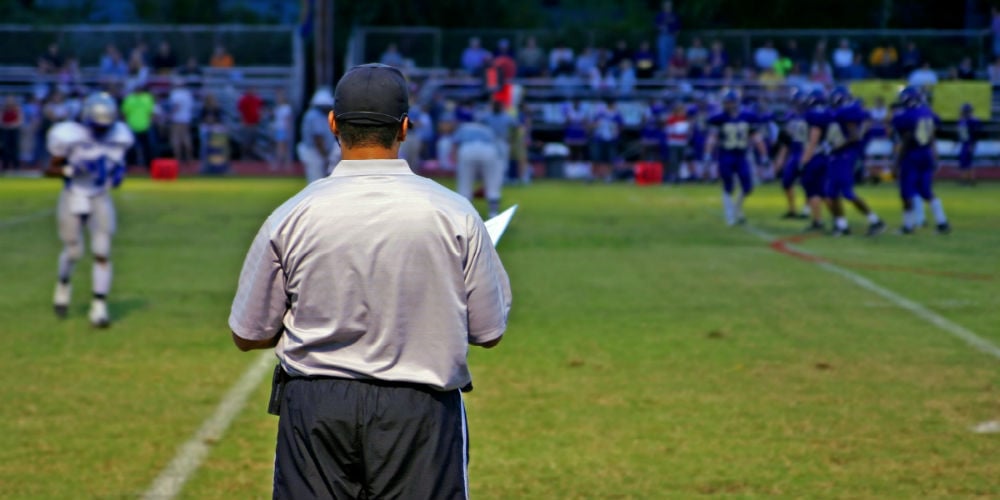Coaching Aaron Rodgers

As a life-long Green Bay Packers fan, the past few years have brought some of the most exciting and nerve-wracking Sundays into my home. This season they started with a record of 6-0, yet they lost the next 2 games. (Note: I’ve been reminded that I don’t actually play football, so I can’t say “we” won and “we” lost.) After the week 8 loss to the Carolina Panthers, Packers quarterback Aaron Rodgers was quoted as saying, “I’m most disappointed about that last play. The whole thing is disappointing.” As one of the best in the league, it’s difficult to hear him be so hard on himself. Whether it’s Aaron Rodgers, Tom Brady or Peyton Manning, how do you coach these elite athletes? Do they need a coach? As we say in Wisconsin, “you betcha”! And so do the elite professionals in your organization.
Even the most elite athletes need a coach
Credit union managers around the country speak confidently about their high performers – feeling as if they know what they’re doing and can handle any member situation. Those same managers share that they spend an inordinate amount of time with their “problem” employees, leaving little time to work with their top performers. Yet it’s more common than we care to admit to hear of those same top performers leaving not only our credit unions, but potentially the credit union movement in search of a better opportunity elsewhere.
The risk of not coaching our elite performers is that they either feel as if they’re being taken for granted or that they’re not being supported when they hit a bump. We need to take the time to help them get to the next level in their career within our credit union. I recently spoke with a high performer who left her credit union after three very successful years. She shared that when she gave her notice, both her manager and the CEO seemed shocked. They told her that her name had been mentioned in several succession planning discussions. Sadly, they never shared that information with this employee and she left with a bit of a bitter taste in her mouth.
Keeping Aaron happy
One of the unique characteristics of many of our elite performers is their ability to self-assess. Just like Aaron Rodgers, they know when they’re in the flow, and they know when they screw up. In fact, top performers can be more critical of themselves than you would ever be. Rather than celebrating the successes of the week, they can get wrapped up in analyzing each word that didn’t bring them the desired outcome. You can be most helpful by identifying opportunities for improvement together. Find out when they’ve got their next conversation scheduled with a member, when they’re doing their next presentation, or whatever situation they might find themselves in where they can hone their craft. To help them maintain a positive perspective, ask them what 1 or 2 goals they want to work on during their next call. To follow up, use a simple debrief process and ask:
- What went well in that interaction?
- What one thing would you like to do differently the next time?
- By when would you like to implement the change?
Using this simple format will get your top performers to self-assess, identify an opportunity for improvement without obsessing and set a timeframe for the next time they’ll have a chance to refine their skills. By prioritizing these follow up conversations with your best players, they’ll start to feel that they are a priority for you, too.
The player becomes the coach
One of the most rewarding experiences for a manager is when a high-performing direct report gets promoted into their first management position. It can be extremely rewarding for your elite staff to get the opportunity to share their best practices and coach other staff. Have you ever watched what Aaron Rodgers does either in the pre-season or when the Packers are leading by enough that he is taken out of the game? He grabs a headset and steps up to coach the 2nd string quarterback. He wants to see the team succeed, even when he isn’t playing. Your elite performers are the same. They truly want the credit union to succeed. They can help your whole team thrive. Just like with Aaron and the Green Bay Packers, we can make it back to the Super Bowl!

